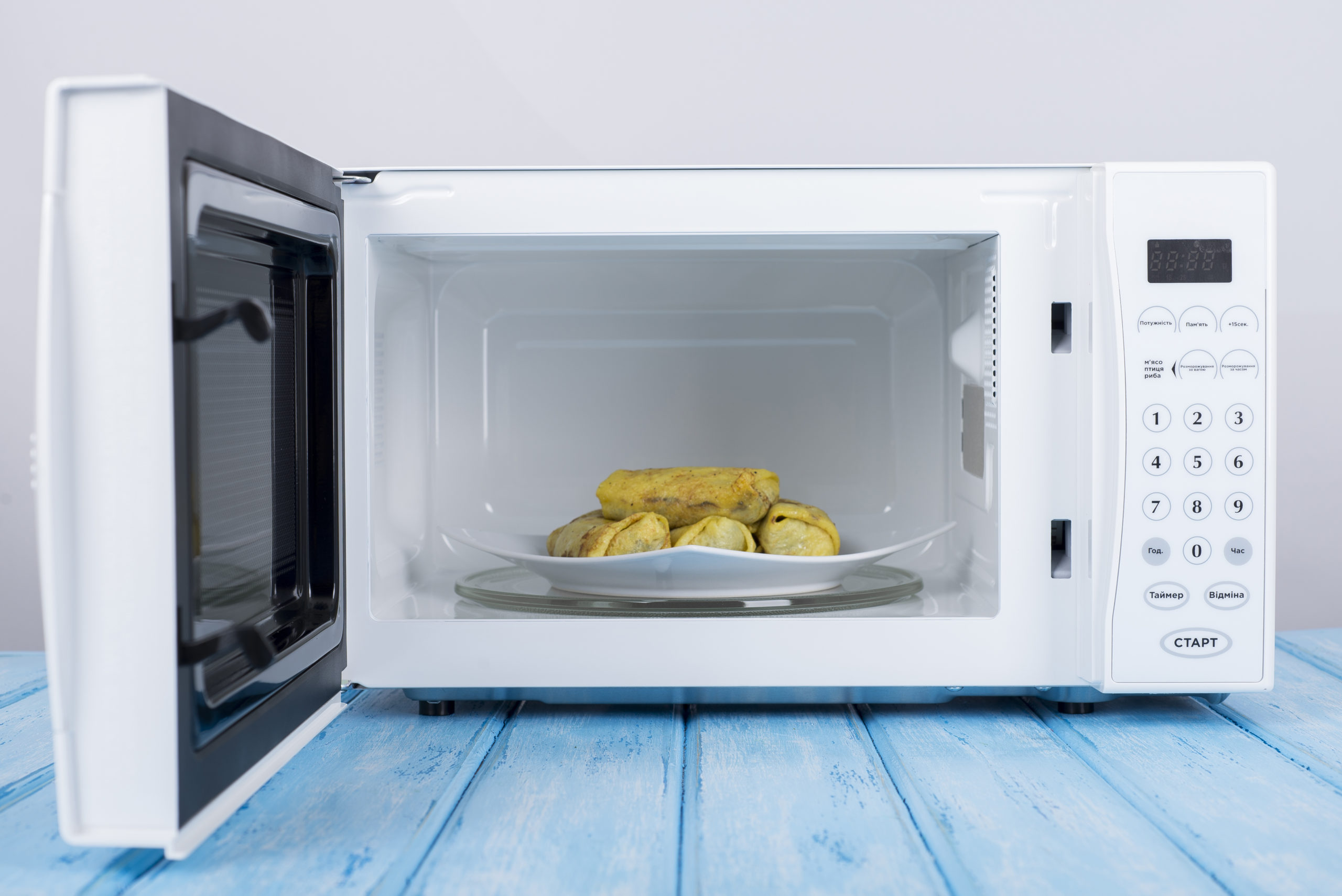Are microwaves safe?
The use of microwaves has become virtually indispensable in contemporary kitchens. They make it possible for us to reheat food in a matter of minutes, defrost frozen food and other items, and even cook full meals in a matter of minutes. However, despite the numerous advantages that come with using a microwave, many individuals are concerned about the degree of danger that is associated with doing so. In this piece, we will investigate the safety of microwaves and address some of the most common worries that are connected to their application.
The process of heating food in a microwave oven involves the emission of electromagnetic radiation, which makes the water molecules in the food vibrate and results in the production of heat. This type of radiation is referred to as “non-ionizing radiation,” and it gets its name from the fact that it does not have sufficient energy to ionize atoms or molecules, thereby preventing it from damaging cells in the body. Radiation of this kind is also emitted by modern technologies such as radios, WiFi networks, and mobile phones.
Concerns about radiation exposure frequently give rise to the question of whether or not microwaves are safe to use. Even though it’s true that microwaves give off radiation, the levels produced by them are nowhere near what would be considered dangerous to human beings. In point of fact, the Food and Drug Administration (FDA) in the United States has enacted stringent regulations regarding the amount of radiation that can be emitted by microwave ovens. The Food and Drug Administration (FDA) reports that the amount of radiation that is emitted by a microwave oven is significantly lower than the levels that could be harmful to humans.
A further concern that is frequently voiced in relation to the utilization of microwaves is the possibility of leaks. Radiation should not be emitted from a microwave that is in good working order and is used appropriately. Radiation could get out of the room, though, if the door seal was broken or the door wasn’t shut tightly enough. If you suspect that there may be an issue with your microwave, you should have it inspected by a professional as soon as possible so that you can ensure that it is operating correctly.
In addition to worries regarding the possibility of radiation leaks and exposure, there are also doubts regarding the viability of microwaving particular kinds of food. For instance, some individuals are of the opinion that microwaving food that has been stored in plastic containers can result in the chemicals from the containers leaking into the food. Even though it is true that certain types of plastic can release chemicals when heated, the vast majority of containers that are safe to use in a microwave have been designed to withstand the extremely high temperatures produced by a microwave oven. It is always a good idea to use containers that are labeled as being safe for use in the microwave. This will keep you safe.
There are also worries regarding the security of heating metal in a microwave. Sparks can be produced by metal objects in a microwave, which increases the risk of a fire starting. It is vitally important to refrain from placing any metal objects, such as aluminum foil, metal utensils, or even dishes with metallic accents, in the microwave. If you happen to put something metallic in the microwave by accident, turn the microwave off as soon as possible and remove the object.
In spite of the fact that there are some people who are concerned about the safety of microwaves, the reality is that it is generally very safe to use them. You should feel comfortable using your microwave as long as the instructions provided by the manufacturer are adhered to, microwave-safe containers are utilized, and any metal utensils or utensil parts are avoided.
In certain circumstances, using a microwave rather than more conventional cooking methods can even be considered safer. For instance, as opposed to frying food, which can result in the production of harmful compounds such as acrylamide, microwaving food may be a more prudent choice. People who have trouble using conventional methods of cooking due to mobility issues or other disabilities may find that microwaving is an accessible alternative to traditional cooking methods.
To summarize, the use of microwaves is not only generally risk-free but also an essential appliance in many different kinds of kitchens. Even though there are some risks associated with radiation exposure, leaks, and the safety of certain types of containers and objects, these dangers can be easily avoided by adhering to the instructions provided by the manufacturer and using common sense. It is important to use your microwave in a safe and responsible manner, just as it is important to use any other appliance, so that you can take advantage of all of the benefits that it has to offer.
See also: How to shop for a Microwave


